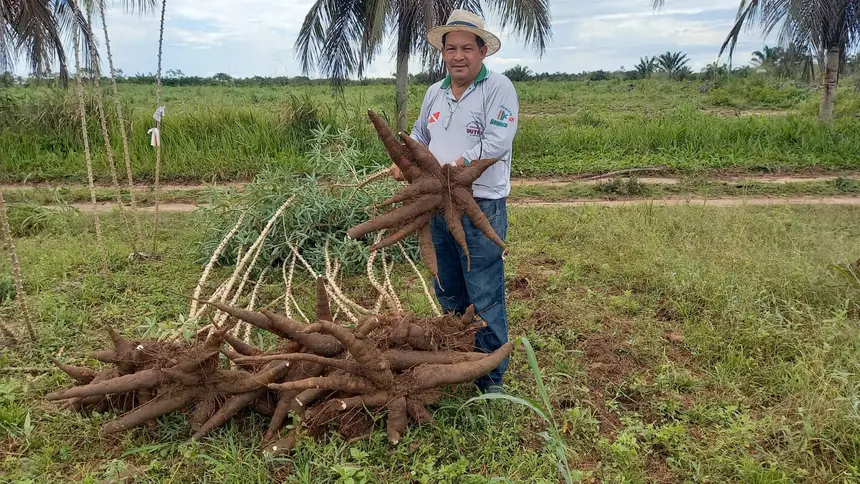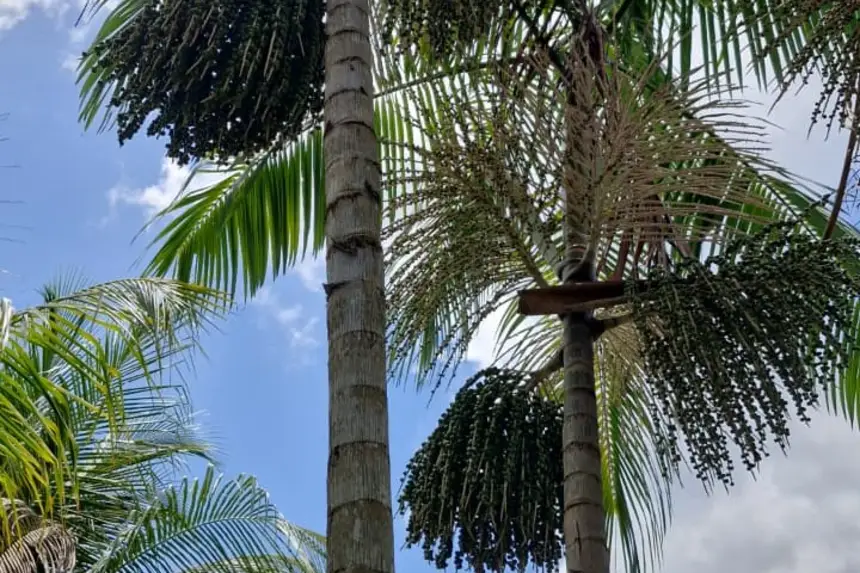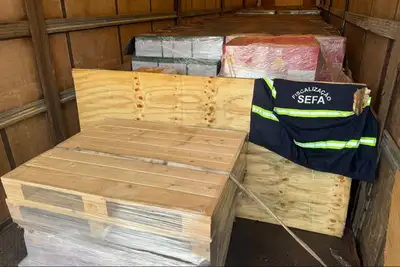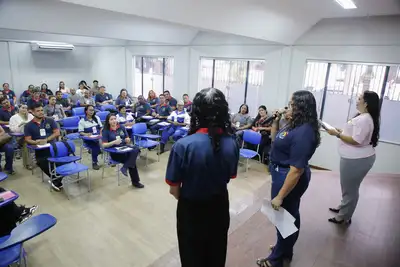Pará celebrates growth and leads in the agricultural sector with crops such as açaí and cocoa
The state also stands out nationally with crops such as palm oil (1st place), cassava (1st place), pineapple (2nd place), black pepper (2nd place), among others

On this National Agriculture Day (October 17), Pará celebrates its leadership and national prominence in the agricultural sector, with crops such as açaí (1st place), cocoa (1st place), palm oil (1st place), cassava (1st place), pineapple (2nd place), black pepper (2nd place), coconut (4th place), and lemon (4th place), in addition to recording a growth of 9.8% in the sector's performance in the first quarter of 2025, according to data from the Amazon Foundation for Support of Studies and Research (Fapespa).
According to Fapespa, agriculture boosted Pará's GDP in the first quarter of 2025, driven by rains that contributed to irrigation and water storage in the soil, raising the production estimate for crops in the current year.
This is the case of açaí producer Patrícia do Socorro Lima, who, along with her family, has been dedicated to cultivating açaí for five years in Santa Maria do Pará.
“The açaí plantation is very important for my family because since we dedicated ourselves to working with açaí, everything has changed in our lives, and today we are already able to harvest the fruit, providing for the family's livelihood,” she declares.

This growth scenario reflects investments in the agricultural sector of Pará. The director of Agriculture at the Secretary of Agricultural Development and Fisheries (Sedap), Marcos Grande, celebrates Agriculture Day, emphasizing the government's efforts for economic, social, and environmental development at the state level.
“Sedap has promoted various support actions, such as the Sustainable Territory program, support for production, technical assistance, encouragement of sustainable systems, access to credit, and marketing of local production. The state government is a partner in this development, and Sedap acts as an instrument of this transformation,” he emphasizes.
According to the Systematic Survey of Agricultural Production (LSPA/IBGE, 2025), the state presents a perspective of agricultural expansion, with highlights for soybeans (19%), corn (47%), cassava (8.3%), and oranges (18.8%).
For Pará's producer of cowpea beans and cassava, agronomist Benedito Souza, linked to the Embrapa System - Brazilian Agricultural Research Corporation and who has been working with family farming since the 1980s, agriculture is synonymous with family tradition, food culture, and income generation.
“Agriculture is very important in all aspects, especially in generating jobs and income for those involved in the production process. It also plays a prominent role in food production for about 8 billion people worldwide. Agriculture with technology can promote the development of a region,” he highlights.
The projections for 2025 reinforce the strategic role of the state of Pará in the Brazilian agricultural scenario, with emphasis on its performance in the North Region.









